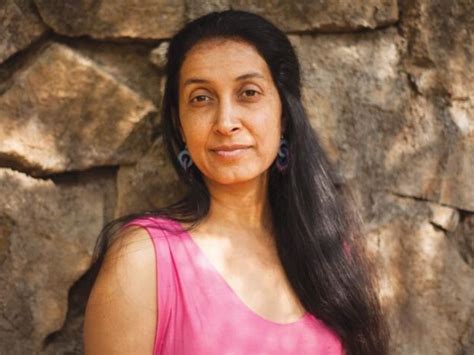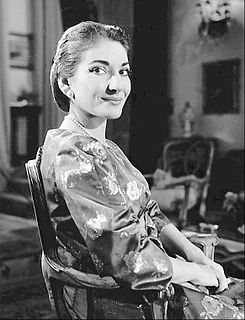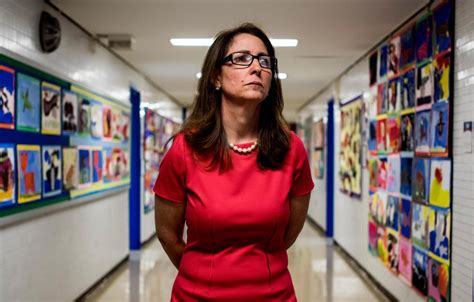A Quote by Michael Bennet
I've focused on making sure we have talented teachers and principals in our schools through proposals like the GREAT Teachers and Principals Act and the Presidential Teachers Corps.
Related Quotes
I have not seen that standardised tests make the profession less attractive, though some principals respond to them in a way that drives the best teachers out of their schools (by over-emphasising test prep in the school curriculum for example). On the other hand, great teachers want benchmarks to measure progress and tests can help with that.
When schools truly become centers of the community, where you have extraordinary teachers, the best teachers, the best principals, great nonprofit partners coming in during the non-school hours to support and do enrichment activities, social services, then those students will beat the odds, will beat poverty, will beat violence in the community, will beat sometimes dysfunctional families, and be productive citizens long term. They will go to college.
I grew up in Columbia, Maryland, a planned community built during the sixties. During the early years, it was very integrated. I grew up being taught by black teachers with black principals and vice principals and, you know, a lot of black friends. We played in mixed groups, and I kind of thought that was how it was.
Excellent teachers showered on to us like meteors: Biology teachers holding up human brains, English teachers inspiring us with a personal ideological fierceness about Tolstoy and Plato, Art teachers leading us through the slums of Boston, then back to the easel to hurl public school gouache with social awareness and fury.
I definitely felt by the time I got to grad school - which was a great experience - I was like, 'What's the difference between the teachers and the students? Why are the teachers teachers if they want to be acting?' It didn't make sense to me anymore. It's not like you learn how to set a broken bone and you get the stamp of approval.
There's a small movement of teacher-led schools across the country. These are schools that don't have a traditional principal, teachers come together and actually run the school themselves. That's kind of the most radical way, but I think something that's more doable across the board is just creating career ladders for teachers that allow certain teachers after a certain number of years to inhabit new roles. Roles mentoring their peers, helping train novice teachers to be better at their jobs, roles writing the curriculum, leading on lesson planning.
I definitely felt by the time I got to grad school - which was a great experience - I was like, Whats the difference between the teachers and the students? Why are the teachers teachers if they want to be acting? It didnt make sense to me anymore. Its not like you learn how to set a broken bone and you get the stamp of approval.
































